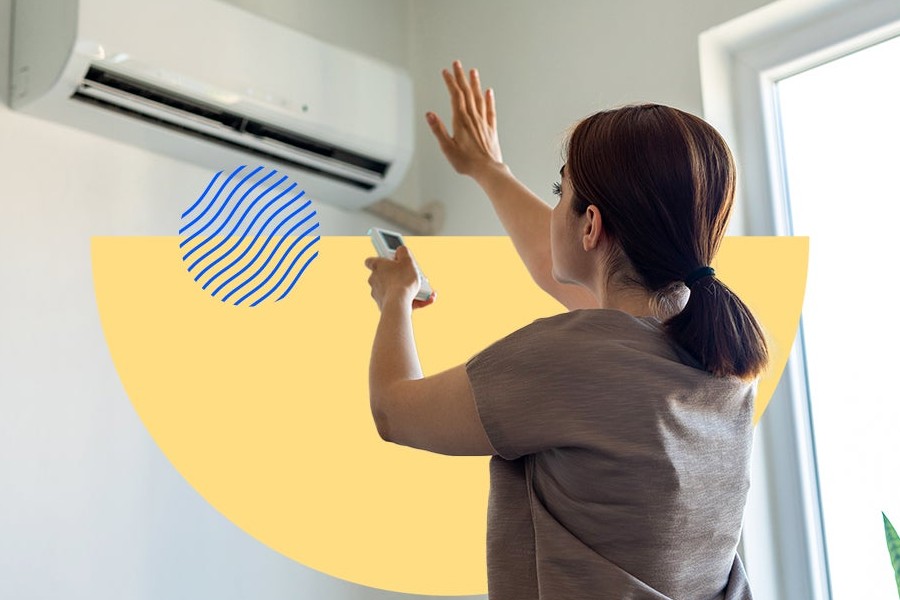 Doctors at Lenox Hill Hospital in Manhattan share simple – potentially life-saving – tips so everyone can be prepared if an emergency strikes. Jill Urban filed the following Wellness Report.
Doctors at Lenox Hill Hospital in Manhattan share simple – potentially life-saving – tips so everyone can be prepared if an emergency strikes. Jill Urban filed the following Wellness Report.
Taking care of our health is the best way to prevent a medical emergency, but sometimes things happen and if they did, it’s important to be prepared. Obviously, medical attention is needed immediately, but certain urgent conditions can be minimized by taking action before getting to the hospital.
“There are certain medical emergencies that we try to educate people, this is something you should know about and you should absolutely take these steps so that you can prevent things from deteriorating and getting worse,” said Dr. Tara Narula, a cardiologist at Lenox Hill Hospital.
Narula, as well as Dr. Robert Glatter of Lenox Hill Hospital, offered advice on what to do in certain critical moments.
First, for a heart attack, after you call 911, grab some aspirin.
“Aspirin starts to work right away at preventing those blood clots that are forming in the arteries that supply blood to the heart from becoming bigger and expanding, so you can actually help save your heart muscle by taking an aspirin as quickly as possible,” said Dr. Narula.
In the case of a stroke, there is not much one can do to slow it down, but time is critical, so be aware.
“It’s very important to get to the hospital immediately,” said Dr. Glatter. “And note any symptoms and time of onset because we have a certain medicine we can give you within three hours, there is a window, which can help people having a stroke and it’s called TPA.”
Another common emergency is an allergic reaction. For anyone that suspects they are having a reaction, the doctors recommend taking Benadryl or diphenhydramine immediately. It is a histamine blocker and can slow the reaction down. Also, if the person has had reactions before, they should always carry an epi-pen. It could save a life and give the person time to get to a hospital.
And last if someone overdoses or ingests something dangerous, Dr. Glatter says not to try to induce vomiting.
“In the past physicians used to recommend taking syrup of epicac, this would induce vomiting, however they now realize this is very dangerous and can cause aspiration, meaning as you vomit this could go into your lungs,” Dr. Glatter said.
Knowledge is power and hopefully knowing what to do or what not to do can help a person think clearly during a critical moment, and ultimately help save a life.
Become a Harlem Insider!
By submitting this form, you are consenting to receive marketing emails from: Harlem World Magazine, 2521 1/2 west 42nd street, Los Angeles, CA, 90008, https://www.harlemworldmagazine.com. You can revoke your consent to receive emails at any time by using the SafeUnsubscribe® link, found at the bottom of every email. Emails are serviced by Constant Contact



















